In Rui Paula's kitchens, wearing the jersey is not just a figure of speech. Here, respect for the planet as a provider of high-quality gastronomic ingredients is deeply ingrained, and the dedication to caring for it is evident — from combating waste and reusing resources to recycling, even the chef jackets.
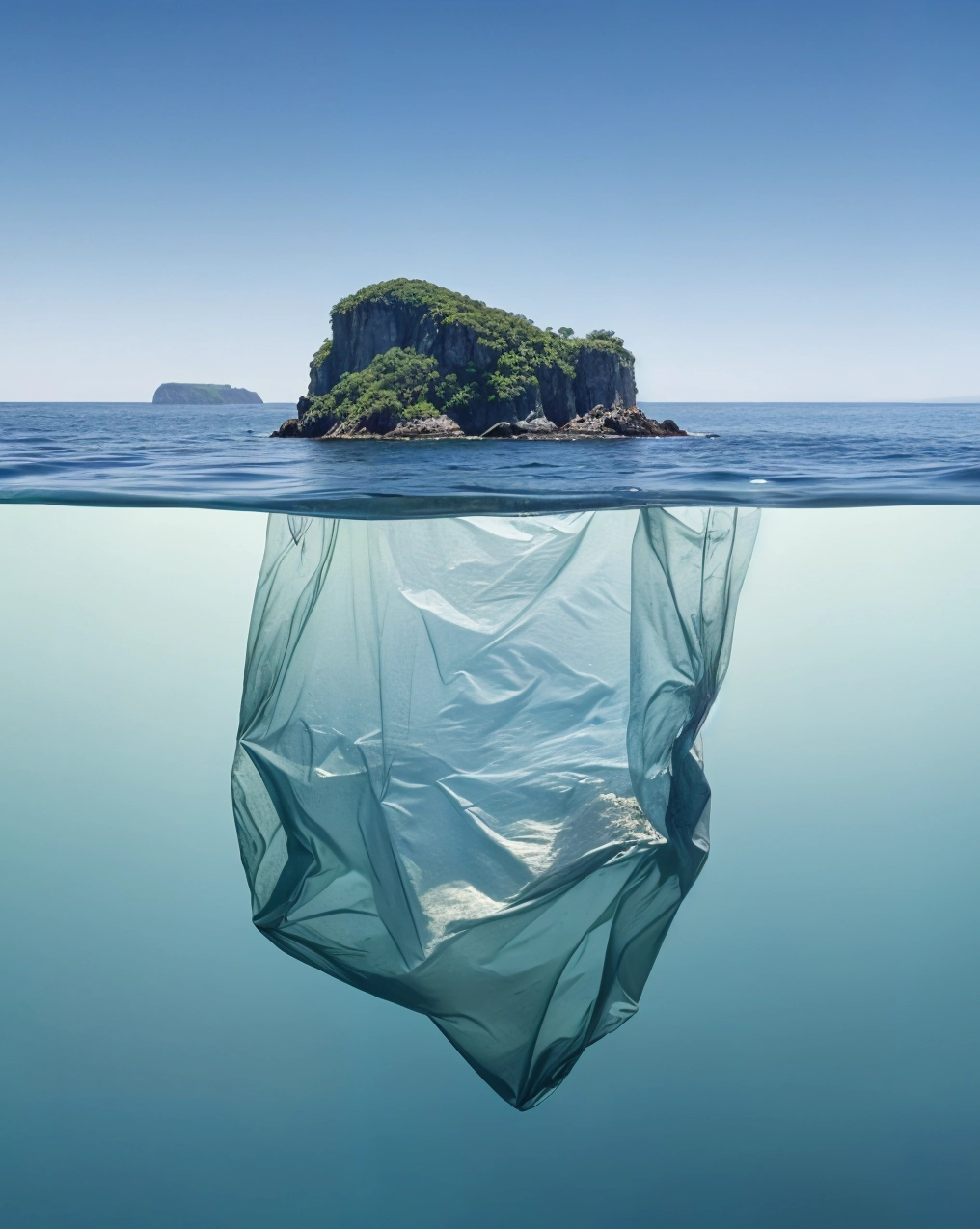
The circularity of the food system is always at the forefront in Rui Paula’s kitchen. The Chef believes that a well-cared-for Nature provides higher quality resources to work with in the kitchen, and for this reason, he fosters a reciprocal relationship: he uses each resource to its fullest to combat food waste, reuses everything he can, and insists on sourcing from environmentally certified producers.
This symbiotic dance inevitably requires some adjustments in the way cooking is approached and how gastronomy is thought about—it must follow natural cycles to prioritize fresh, local, and seasonal products—but Rui Paula’s team already knows the steps by heart.
“We recycle, reuse, rethink, repurpose, and refuse what we consider to be outside our sustainability criteria”,
says Chef Rui Paula.
In his search for a workwear collection that, in addition to being exclusive, aligned with the principles of environmental sustainability, Rui Paula found a partner in Unifardas, sharing similar ethical values. From this collaboration came a range of breathable, lightweight, and comfortable pieces that prove technical clothing can also be environmentally friendly.
Made to order and exclusively for the Chef, this collection embodies the commitment to reducing waste in the world, using recycled accessories and sustainable fabrics—such as recycled polyester, produced from plastics removed from the ocean floor, recovered from common use, or repurposed through clothing recycling.
Chef jackets, aprons, and trousers were designed and produced with nature conservation in mind, forming a gender-neutral collection that fits perfectly within the circular economy approach.
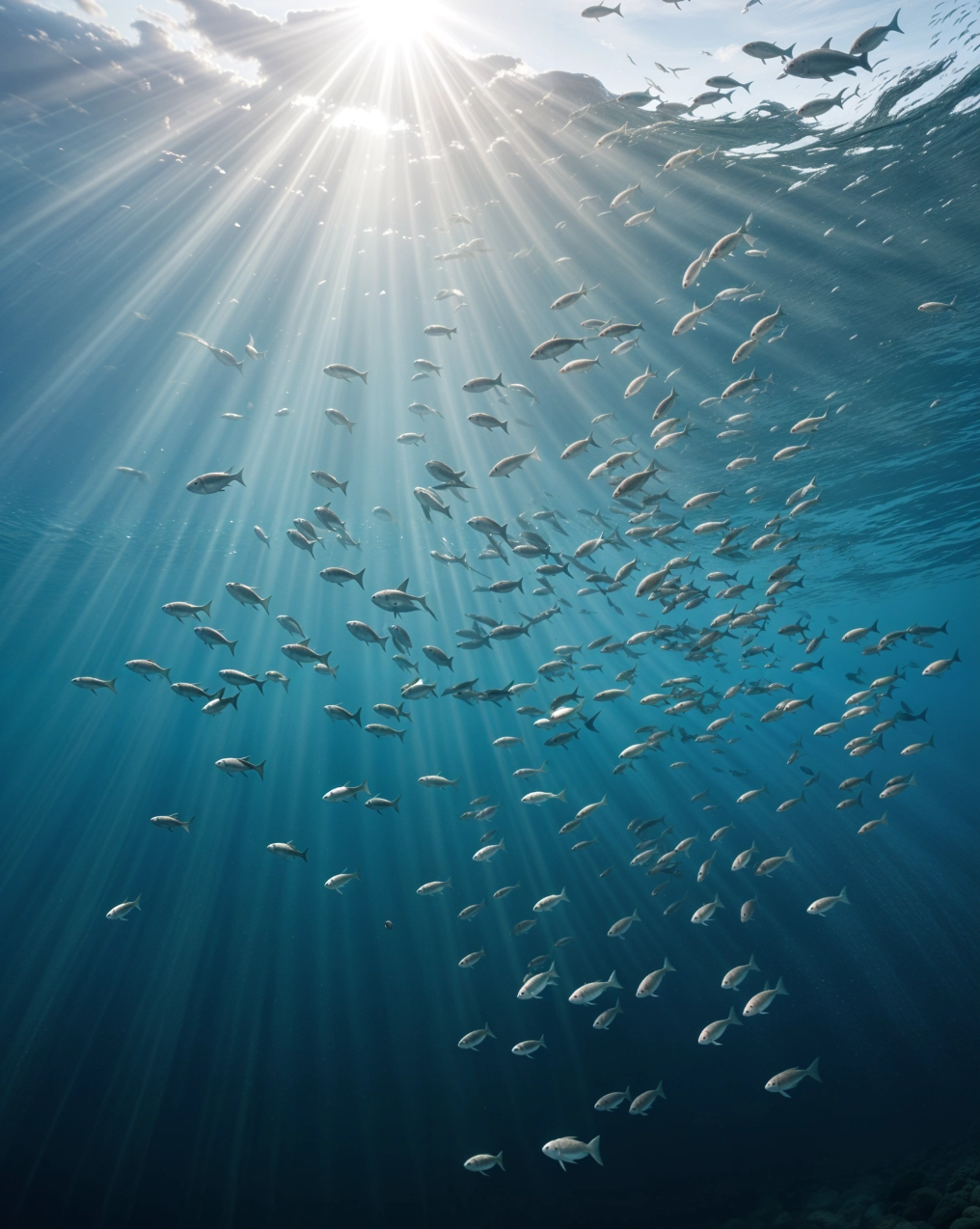
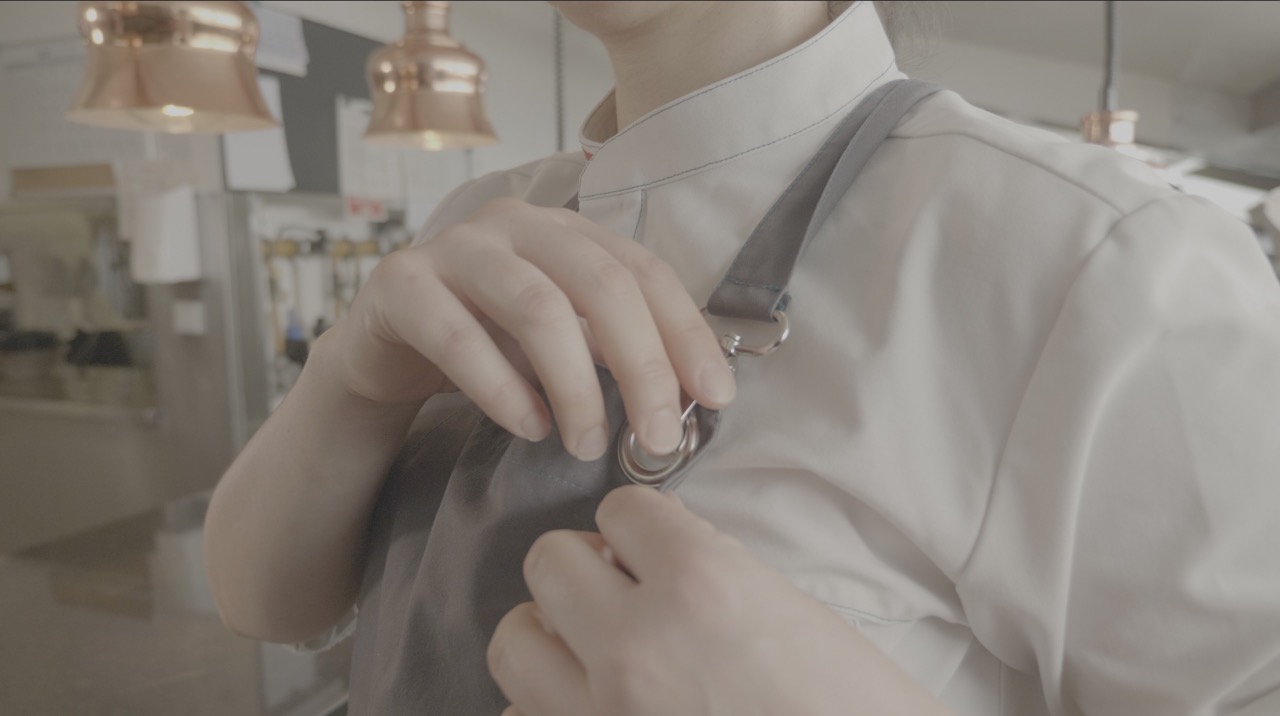
65% Recycled Polyester
35% Tencel Lyocell
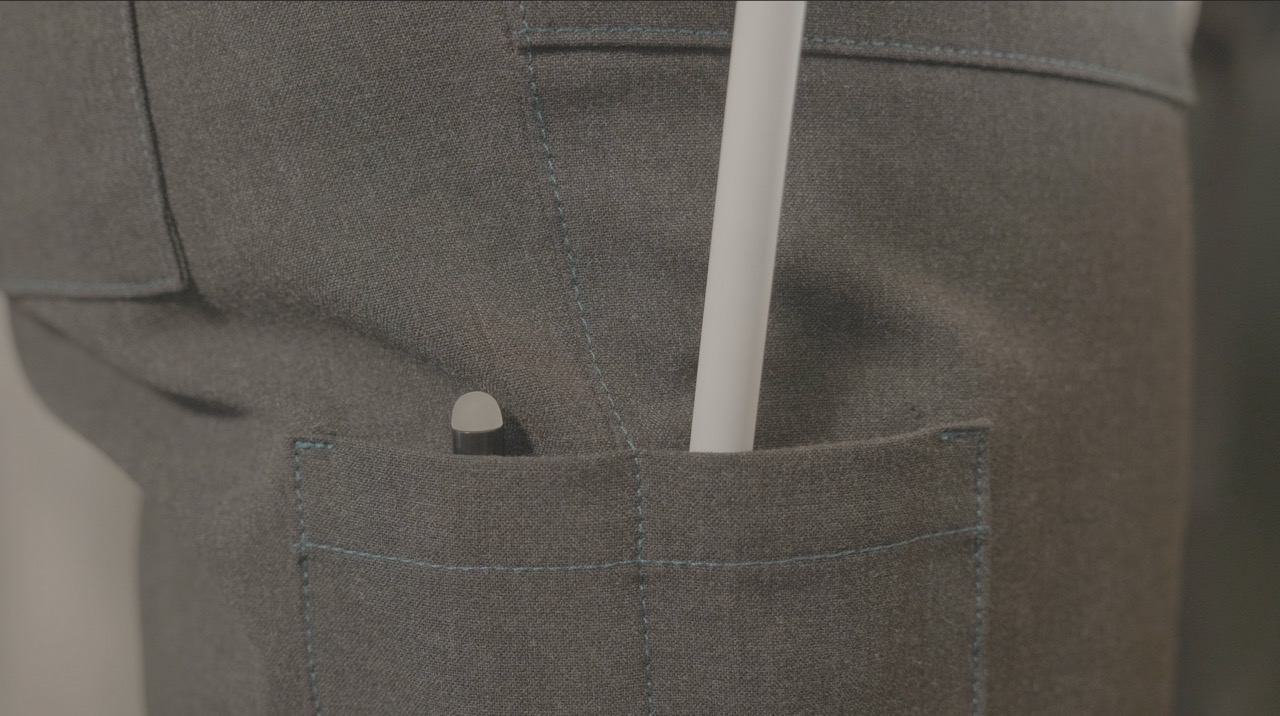
67% Recycled Polyester
29% Viscose
4% Elastane
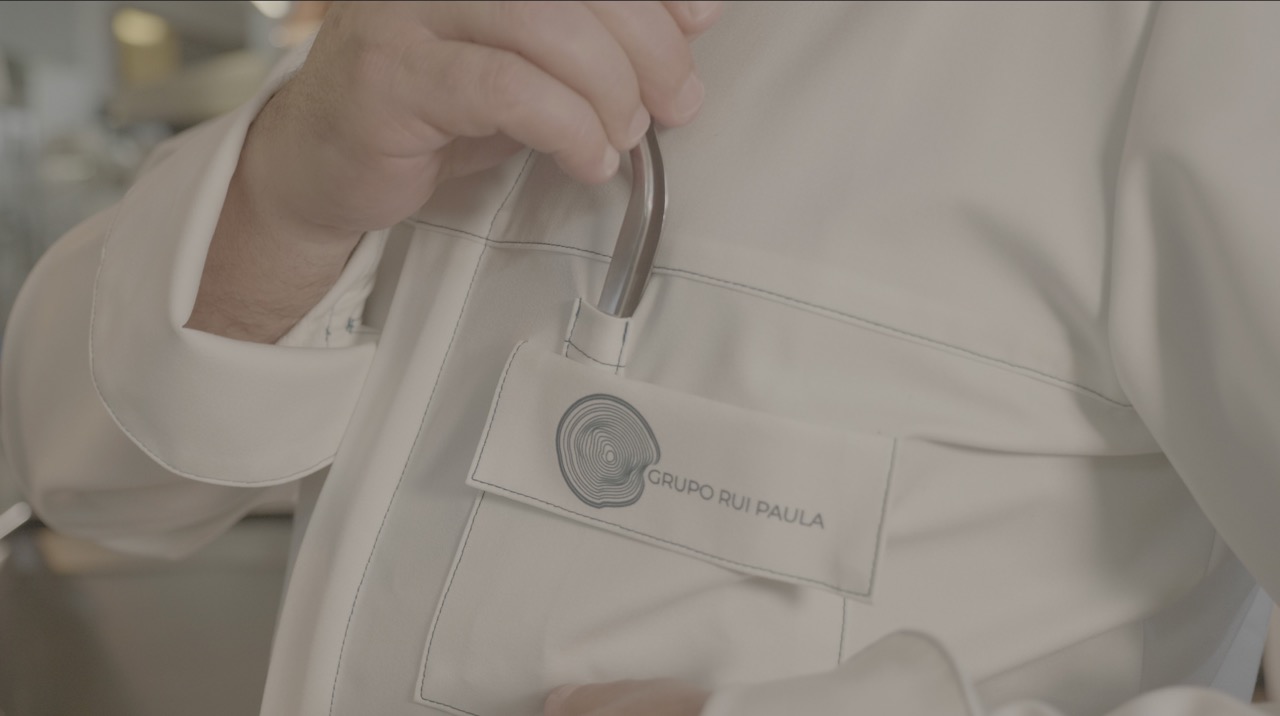
67% Recycled Polyester
29% Viscose
4% Elastane

The colors of the exclusive Rui Paula collection could paint a portrait of each of the Chef's spaces. A seaside city and a garden by the river are brought to life with neutral tones (white and grey) and cool shades (blue and green), creating a harmonious blend of simplicity and detail, traditional and contemporary, practical and sustainable.
The materials for each piece were selected with the same care as choosing ingredients for a fine dish: priority was given to biodegradable fibers (tencel), materials that repurpose waste collected from the ocean floor or consumer products (recycled polyester), or from other industries (recycled paper buttons), and raw materials that use less water in their processing (ecovero viscose).
In the end, the production of Rui Paula's collection consumed fewer natural resources and generated less pollution than a traditional collection.
This sustainable collection was created exclusively for Chef Rui Paula, but the design principles can be applied to the creation of other personalized collections.
The potential of eco-friendly fabrics extends far beyond kitchen work and is already being used by Unifardas in products for other sectors, such as medical coats. The goal is always maximum optimization, addressing the specific needs of each activity with the least environmental impact.
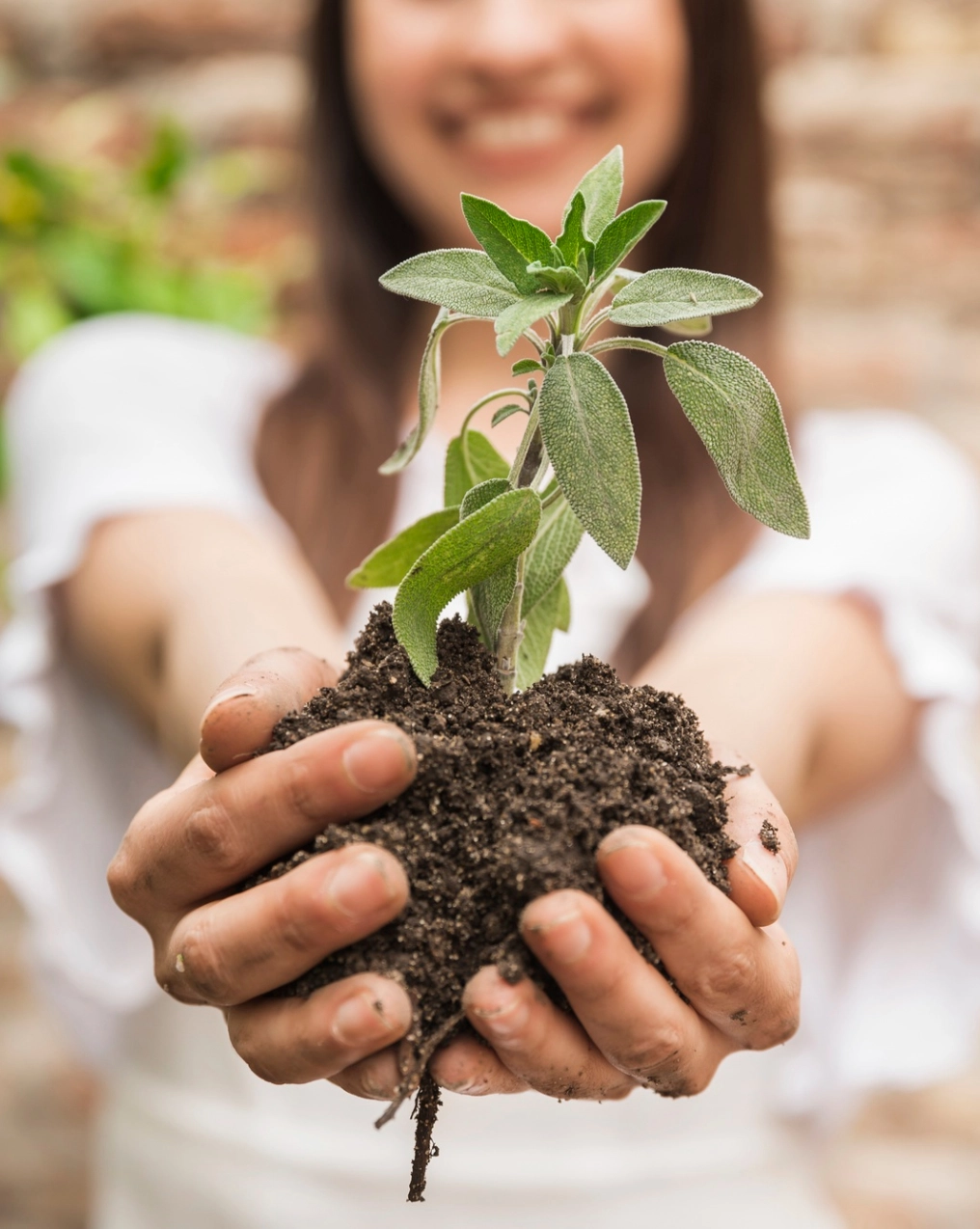
“Sustainable development is closely linked to social responsibility"..."by implementing an internal sustainability plan, we are contributing to global sustainability while simultaneously influencing everyone: employees, suppliers, producers, distributors, and customers.”
Your business can also benefit from the power of nature to create comfortable, durable and planet-friendly workwear.
To subscribe, please enter your e-mail address and click on “Subscribe”.
You can stop receiving our communications by clicking on the link in the footer of any of our newsletters.
Para efetuar a sua subscrição, por favor insira o seu e-mail e clique em “Subscrever”.
Poderá parar de receber as nossas comunicações, ao clicar no link para o efeito encontrado nos rodapés de qualquer uma das nossas Newsletters.
UNIFARDAS® supports Espaço T, which is an inclusive organisation, of all and for all, and our common goal is to increase employment opportunities for young people with special needs and/or who, for some reason, have been excluded from the labour market.
We work hard to provide safe working conditions by going beyond the imposed and mandatory minimums.
We support, nurture and offer continuous training programmes aimed at improving skills.
At UNIFARDAS® we keep up to date with the latest technologies and innovations that can optimise our production process making it more efficient and close to zero waste.
UNIFARDAS® is a partner of Espaço T, an inclusive organisation, of all and for all, with the common goal of increasing employment opportunities for young people with special needs and/or who, for some reason, have been excluded from the labour market. In this organisation, immigrants will also find a support network in finding work and housing.
In addition to the sustainable path we have been taking throughout our production and supply chain, UNIFARDAS® participates, supports and organises a beach clean-up every year after the bathing season, in partnership with World Clean-up Day. We are also partners of Seaqual, an entity that, together with some other partners, promotes the collection of ocean waste and its transformation into upcycled marine plastic that will then be used in the production of fabric and other sustainable products.
In addition to the sustainable path we have been taking throughout our production and supply chain, UNIFARDAS® participates, supports and organises a beach clean-up every year after the bathing season, in partnership with World Clean-up Day. We are also partners of Seaqual, an entity that, together with some other partners, promotes the collection of ocean waste and its transformation into upcycled marine plastic that will then be used in the production of fabric and other sustainable products.